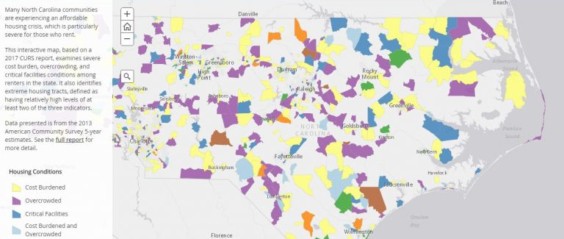For Your Consideration
An interesting column in Governing, profiles LaGrange, Georgia for its holistic approach to economic development. “LaGrange addressed its economic future not only as a problem of government or commerce or technology alone but rather as one requiring an integrated, community-wide strategy. Leaders analyzed their community’s strengths, weaknesses, opportunities and threats, and then used that analysis to mobilize specific initiatives.” Hardly profound but hard to execute nonetheless.
Food for Thought
Former U.S. Secretary of Education Arne Duncan shares his perspective on education quality. Some highlights:
- “By 2020, demand for skilled technologists will exceed the number of qualified applicants by 1 million, leaving our country vulnerable in key areas such as technological innovation, economic development, and cybersecurity. Our inability to resolve the digital skills shortage is bleeding the U.S. economy of approximately $1 trillion annually.”
- “When compared to 17 other industrial countries, U.S. workers ranked last in “problem solving in technology-rich environments.” If we expect to compete in a global economy that demands increasingly higher skills, we need to concentrate on closing the digital divide. The reversal must begin in K-12, where currently only one in four schools teach computer programming.”
- “The impact of this skills gap is easy to see across local economies. Georgetown University predicts there will be an estimated 228,000 STEM-related jobs in Michigan by 2018, but as Detroit public schools rank the lowest among big-city districts in math—with only 4 percent of eighth graders scoring proficient or better—the question lingers: Who will fill those roles?”
Contextual Healing
The Hamilton Project, a joint effort of Brookings and the American Enterprise Institute, has a thoughtful paper on the importance of government-collected data. It is as interesting as that kind of paper can be; it is well organized and full of great graphics that display data. It is great for a five-minute skim or an hour-long deep dive.
What we're reading
Extreme Housing Conditions in North Carolina
The report examines severe housing cost burden, overcrowding and substandard housing conditions among renters in the state. ... Read the rest-
How Many Jobs Can Governors Take Credit for Creating?
-
Are We Spoiling Our Kids with Too Much Praise?
-
Restoring Trust in Expertise
-
A Look at Historically Black Colleges and Universities
-
Health Care Experiment Aims for Healthier Patients, Lower Costs
-
What Writing Wikipedia Entries Can Teach Students About Digital Literacy


